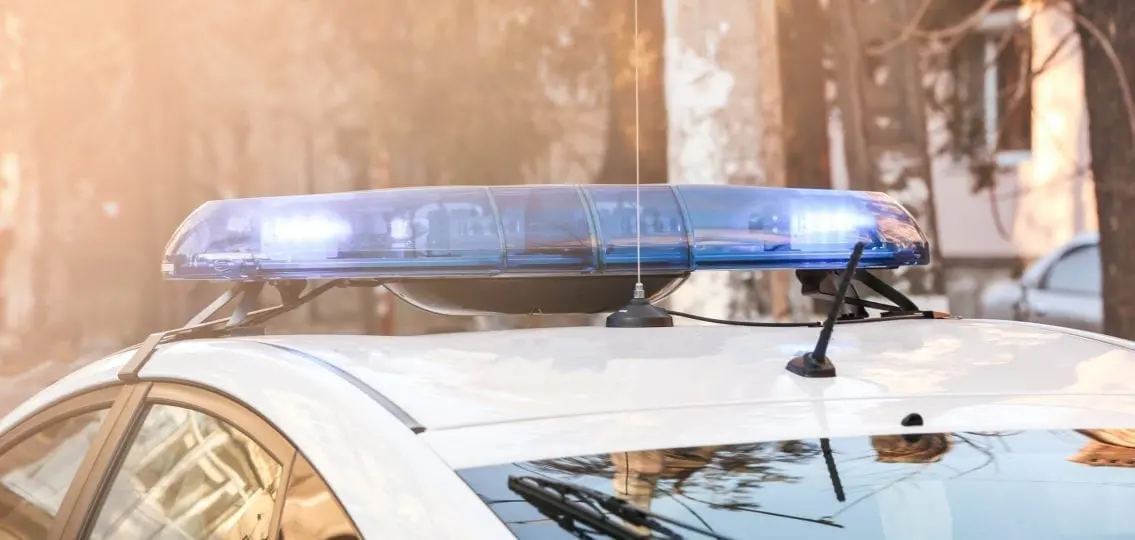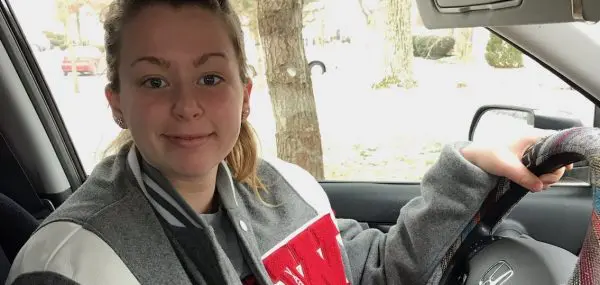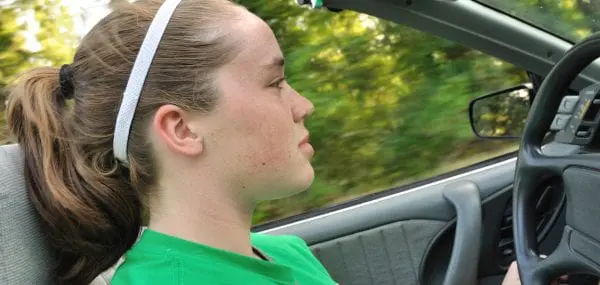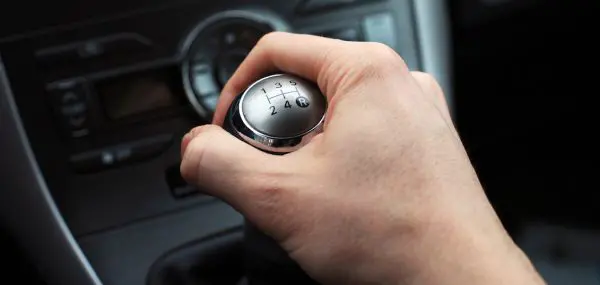Like many Americans, particularly African Americans, I followed with great interest Dr. Henry Louis Gates’ arrest by the Cambridge Police. The facts are simple enough: Dr. Gates, a preeminent scholar and Director of the W.E.B. Du Bois Institute for African and African American Research at Harvard University, returned to his home in Cambridge, Massachusetts. Because his front door refused to budge, he summoned his driver to assist him in opening the door.
The sight of two African American men on the steps of a lovely home in a tony neighborhood of an upscale community triggered suspicion.
A neighbor telephoned the police. A police officer arrived and demanded entrance to Dr. Gates’ home. Agitated and feeling harassed, Dr. Gates harangued the officer, questioning his motives and verbally insulting him. The officer arrested Dr. Gates for disorderly conduct, and in his police report described the scene with Dr. Gates as “chaotic.”
Yet, as simple as the facts are, they raise several puzzling questions.
I have met Dr. Gates and nothing about him threatens. I have heard him lecture on a number of topics. Yet, my most enduring image of him is riding his tricycle along the bicycle paths of Martha’s Vineyard. The quintessential absent-minded professor, he plods along and sweetly greets all who pass him. That is the Dr. Gates I know and respect. How could this man contribute to a “chaotic” scene at his home?
| [adrotate banner=”99″] |
The incident vexes me, but affirms what I try to teach my children: the police see an African American as a threat and will use any slight for detention.
Even Dr. Gates, one of the least-threatening people I know, wound up arrested at his home. He had every right to be agitated, but he should have used everything in his power to defuse the situation. As an African American, he should have known better.
The police have stopped me several times, most often when I am driving. Oftentimes, the police rightfully stop me for speeding, and I always defer to and placate the police officer. The police officers usually respond to my calmness with respect, and the encounter ends peaceably. On several occasions, however, there was no reason to pull me over, but I still use everything in my power to respond without anger.
When I was younger, I challenged the officers, frustrated for the real reason behind my being detained: DWB—Driving While Black. Now that I am older, with three children depending on me, I maintain my cool. I respond with too many, “Yes, Sirs,” “No, Sirs,” “I’m sorry, Sirs,” and “Thank you, Sirs.” and hope that my politeness will allow me to continue on my way. Dr. Gates knows this rule.
But it can be hard to respond deferentially, especially when the incident occurs in one’s home.
My real frustration with this situation, which resolved well with beers at the White House, is that very few have the political clout of Dr. Gates. Most of us have to recognize the potential for being tested every time we exit our house. It is the job of the police officer to defuse potentially dangerous situations. We must prepare our teens, regardless of color, for these scenarios. Being detained by a police officer is an inherently anxiety-producing situation, like being called into the principal’s office. My job as a father is to prepare my children to respond with the patience of adulthood and suppress their adolescent impulses.
I recommend that parents speak candidly with their newly-minted teenage drivers, reminding them that they should respond with respect, patience, and calm in every encounter with a police officer. Remind your children that they have the most to lose in this situation—their license, freedom, and time—so it’s best that they listen and respond politely. The consequences of not doing so are too unsettling to contemplate.





